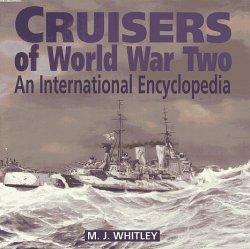The fleet ensured Athens’ hegemony in the Aegean. In the aftermath of the Persian Wars, in 478/477 BC, a defensive and offensive league had been established, the so-called Delian League, because its headquarters and treasury were located on the island of Delos. Athens was the most important founding member. Many of the numerous other members paid a yearly sum into the common treasury, from which funds Athens maintained a fleet; there were only a few members who themselves contributed ships and sailors. In the course of the 5th century BC, this alliance developed into the Athenian Empire. The members became de facto subjects of Athens. Illustrative of this state of affairs is the transfer of the treasury from Delos to Athens, sometime before 450 BC, and also the continued existence of the League when it had become redundant, after a permanent peace with Persia was negotiated, from the middle of the century onward. Athens started behaving toward the league’s members as an imperial power: members who wanted to leave the league or otherwise showed themselves uncooperative were coerced into submission, if necessary by brute force. Any polis that proved disloyal toward Athens was punished by having klerouchiai founded on its territory. A klerouchia is a piece of land that is confiscated and assigned to a klerouchos, an Athenian colonist. Klerouchoi, though settled outside Athens, remained Athenian citizens, and if they really went to live on their klerouchiai, they more or less functioned as an Athenian garrison. In this way, Athens had a permanent military presence throughout the region.
Despite these klerouchiai, we should not think of the Athenian Empire in terms of conquering territory and increasing the area and the number of inhabitants of the polis. It is all about hegemonic power: Athens strives to have other poleis submit to Athenian leadership, not to abolish them. Indeed, the citizenship of the increasingly rich and powerful Athens was a closely guarded privilege, if possible to be reserved for fewer, not more men. This fits in with the fact that Athens hardly interfered in the internal affairs of its subject poleis. For instance, the spread of democracy was not something that Athens actively propagated. Their pragmatic stance shows that hegemony was primarily a matter of economics. The tribute paid by the league members was not only used to build a fleet (which, of course, served Athens’ interest more than anybody else’s), but also paid for building projects in Athens, and helped to cover the costs of democracy with its pay for
Those who actively participated. Also, trade was deflected toward Athens’ harbor, Piraeus; the thetes enjoyed a steady income from rowing the fleet; landless citizens got klerouchiai. But it would be wrong to see Athens’ imperialism as being only about money: it was also quite honorable to bend other poleis to your will.




 World History
World History









